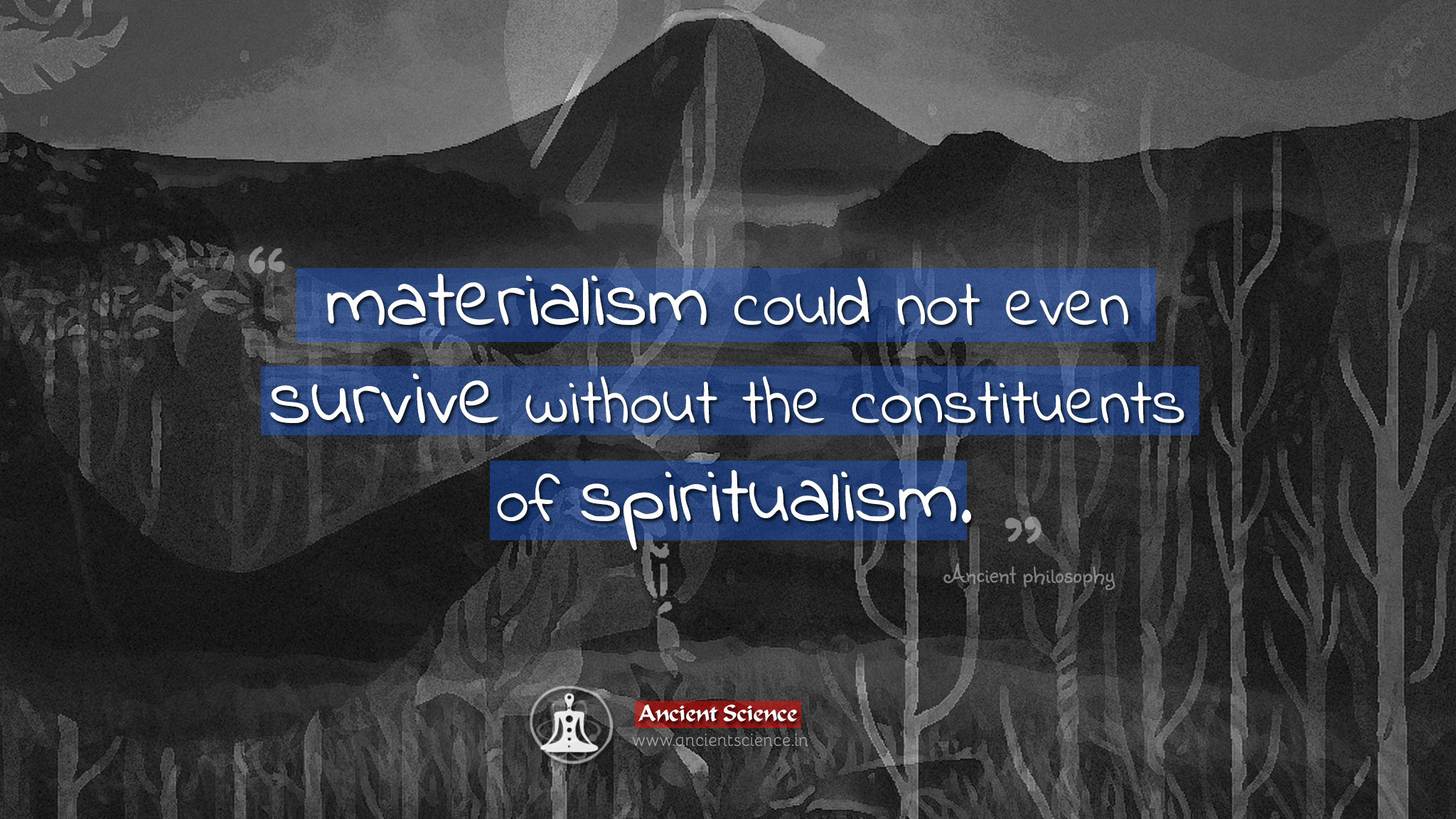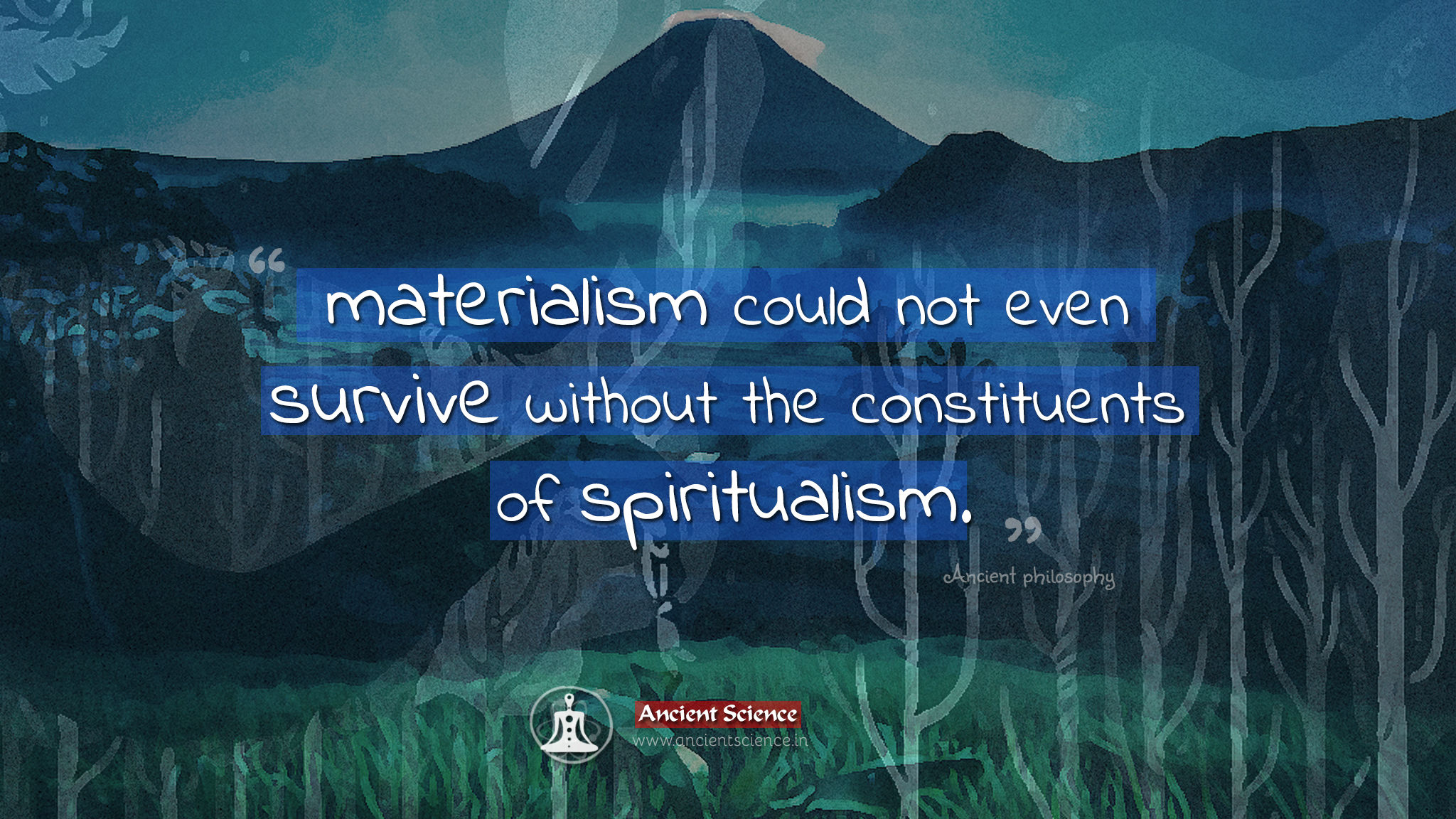Social Structure of the world.
Is there a need for change in the social structure of the world? IN recent times there is an upsurge of persons in the world who are anxious to overhaul and completely reconstruct the social structure of the present modern world. These people endorse the widely prevalent view that whatever has been achieved so far in the course of evolution has been based only on selfishness, jealousy, distrust, hatred, greed, avarice, and aggrandisement. And since these elements have ultimately led to restlessness and war, this thinking intelligentia proposes to substitute them with the other and the exactly opposite qualities of truth, love, sympathy, self-abnegation, and sacrifice in order to create a new world. The emergence of this type of spiritual awakening in our physical world which is the stronghold of materialism is not surprising in the context of the degenerated present conditions.
But centuries ago, ancient sages had come to the conclusion that the elements on which materialism was based were without content. They upheld that humanity could not move even one step forward by making them the basic principles of life. This factual statement is corroborated by experience. For how far has the world advanced by making jealousy, distrust, hatred, anger, lust, greed, and attachment the basis of social reconstruction? The spiritual thinkers of ancient past went to the extent of propounding that materialism could not even survive without the constituents of spiritualism. Is there any materialist who considers himself to be following the right code of conduct when he indulges in murder, falsehood, theft, dishonesty, and licentiousness? No, not even one, but why not ? If it is upheld that only that which is visible is true, and that the invisible is not true, then selfishness can and must be the summum bonum of life. In this context selflessness, service, love, friendliness, brotherhood, and benevolence can be considered right only when they help to achieve some personal, selfish end and wrong when they obstruct it. Yes, this should necessarily always be the materialistic point of view. It is, however, amazing to note that even the materialists speak highly of those very elements which are valued as essentials by the spiritualists. Is it not surprising that even the materialists hesitate to give up totally their allegiance to truth, love, honesty, and other similar elements? The reason is not far to seek.
What is the truth?
The materialists also realize that ultimately it is truth and not untruth which both works and survives in the world. They readily admit that it is love not jealousy, sympathy not hatred, co-operation not antagonism, and non-violence not violence which mitigate the harshness of the machine of life. However, it cannot be denied that truth, love, sympathy, nonviolence, etc., which are the universally recognised essentials of spiritualism, are not accepted as basic tenets by materialism.
In the ultimate analysis it will be found that in practice materialists adhere to them only so long as they fulfil their personal ambitions and do not hesitate to abandon them the moment they seem not to subserve their interests. Their conception of truth and falsehood, of honesty and dishonesty, also undergoes a change in accordance with this criterion. For example, to the materialists, truth turns into falsehood if it comes into conflict with their aims and objectives, and falsehood occupies the lighted niche of truth if it helps them to further themselves. For them, honesty is the right code of conduct if by practising it something is gained. Dishonesty will be equally welcome if it pays more. Their ideal, in the words of Shakespeare, is:
‘Let me if not by birth, have lands by wit: All with me’s meet that I can fashion fit.’
Bridge game of materialism.
In the bridge game of materialism, the trump card which every materialist holds in his hands is ‘no criterion for myself, all criteria are for others.* And the tricks he plays to complete his rubber are: ‘truth is not for myself, but my temper is for the liar,’ ‘corruption is for me, but honesty is for my neighbour.’ But even the materialist finds this outlook in the long run to be self-contradictory. How is it possible to live a life of falsehood and dishonesty but at the same time to expect truth and honesty from others? This self-contradictory outlook cannot sustain itself and therefore it cannot be upheld. The belief which is indispensable in our dealings with others is: ‘what is good for others must be good for me too,’ and ‘I must do unto others as I would others do unto me.’ If it be necessary for the smooth sailing of our own boat that others should manifest truth, honesty, and love, is it not equally incumbent upon us to manifest the same qualities for the proper maintenance of harmonious relations with others? This is the reason why even in the very midst of materialism, we cannot completely divorce ourselves from truth, non-violence, love, non-attachment, self-surrender, and sacrifice.

